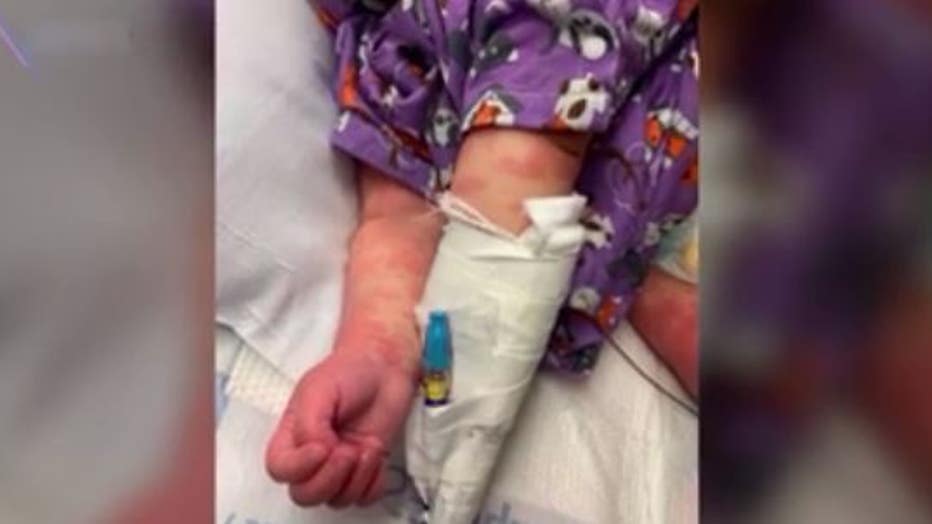Mysterious illness in children, possibly linked to COVID-19, confirmed in Florida

Mystery illness tied to COVID-19 now in Florida
A mysterious illness in children that is tied to the coronavirus is now present in Florida.
ORLANDO, Fla. - A mysterious illness with possible ties to the coronavirus is now affecting children in Florida. Two cases have been reported in South Florida, the first confirmed in the state.
The disease is similar to Kawasaki's Disease and now has its own name: Multisystem Inflammatory Syndrome. For weeks now, New York health officials have seen more cases of the mysterious new illness appear in children. It is believed to have some link to COVID-19.
"One hundred forty-seven confirmed cases, 69 of those cases [were] kids who tested positive for COVID or had antibodies," said New York City Mayor Bill de Blasio.

Now, the syndrome has popped up in Florida. State health officials say two children are being treated at Holtz Children's Hospital in South Florida.
The Centers for Disease Control and Prevention issued a health advisory for the syndrome last week, as more cases appeared in New York and around the country.
"We’re talking about, basically, what we think is a post-infectious phenomenon that may or may not be linked to COVID-19," said Dr. Jason Littleton, of Littleton Concierge Medicine.
Post-infectious means "your immune system may overreact and this is the post-infectious part," Dr. Littleton said.
RELATED: 15 states investigating cases of mysterious inflammatory illness in children linked to COVID-19
Symptoms include fever; rash; swollen hands, feet or tongue; chest palpitations, and nausea. It's showing up in people under the age of 21. Dr. Littleton says Multisystem Inflammatory Syndrome does not appear to be contagious on its own, but it is showing up in COVID hot spots.
"We still don’t have a large enough sample size to make a direct correlation," Dr. Littleton said.
When asked if parents should worry now that the syndrome is in Florida, Dr. Littleton told FOX 35 News, "With two cases in Florida, that’s really not enough to sound the alarm of panic."
Dr. Littleton says as of now, it appears to be treatable with IV, steroids and aspirin. Early detection is best, so call your doctor if you notice symptoms your child may be experiencing.

